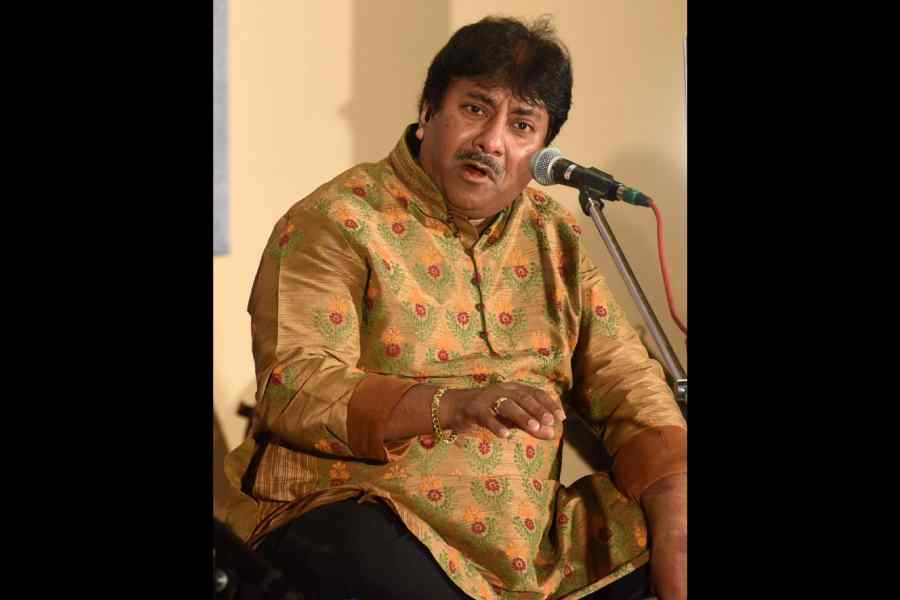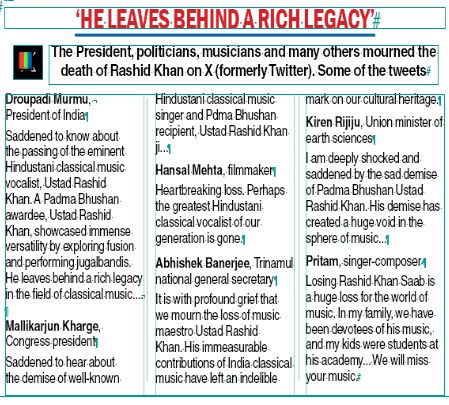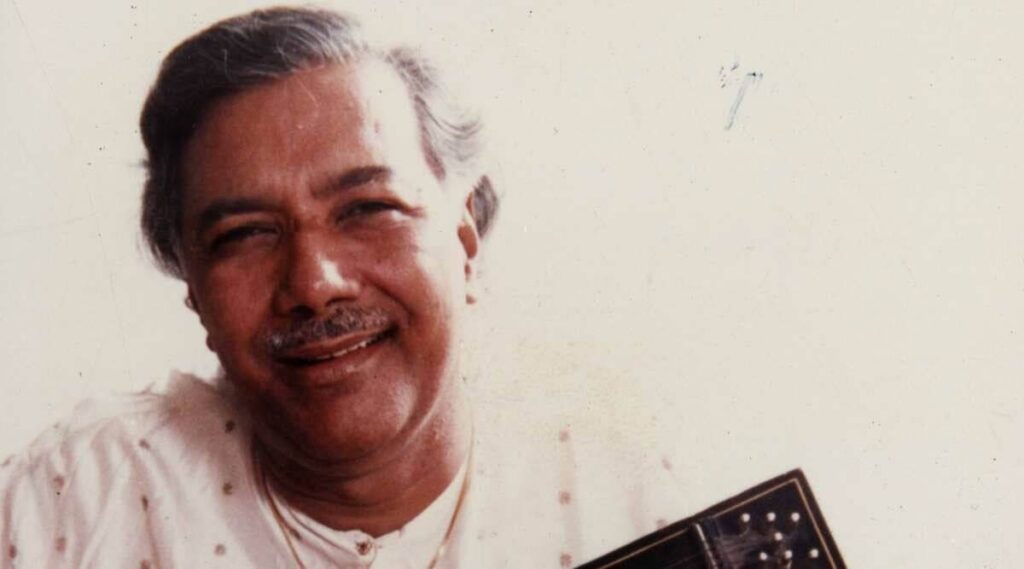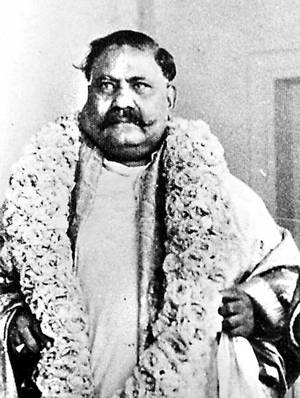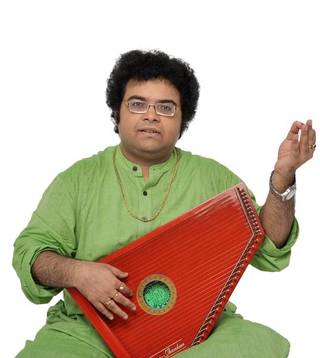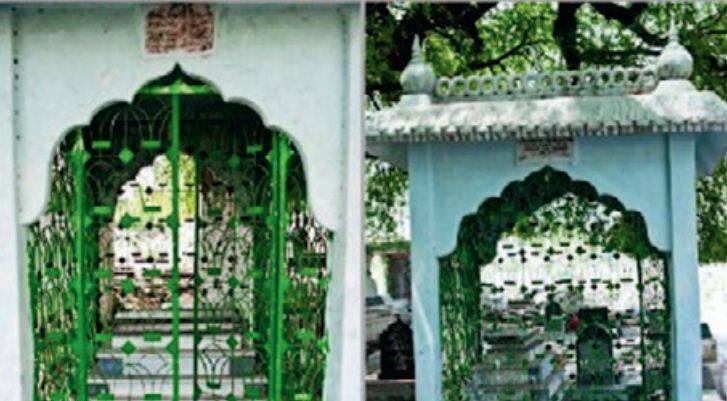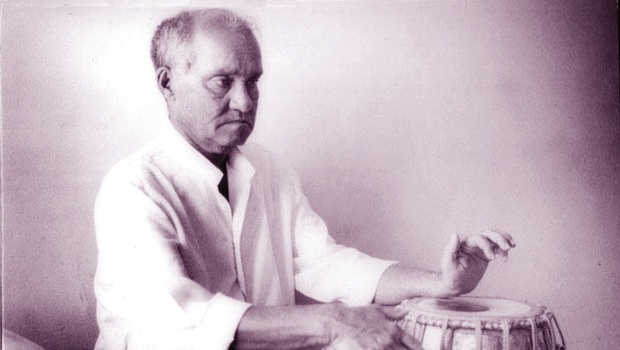Tejrasar Village (Bikaner),RAJASTHAN / Mumbai, MAHARASHTRA:
The land of Bikaner is very rich in art and culture and it has given uncountable diamonds of talent not only to the country but to the world. Bollywood musicians Ali and Ghani have been awarded the Padma Shri by the Government of India, the country’s fourth highest honor.
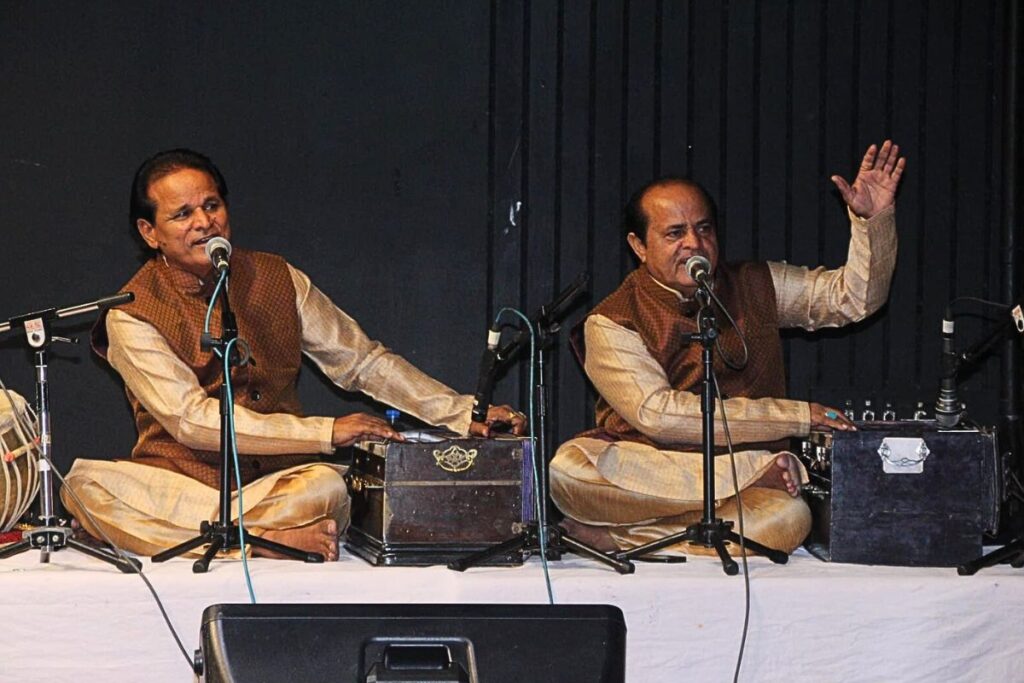
Ali Mohammad and Ghani Mohammad Padmshree: The Padma Awards for the year 2024 were announced on the eve of Republic Day. President Droupadi Murmu announced the Padma awards to 132 personalities, including five Padma Vibhushan, 17 Padma Bhushan, and 110 Padma Shri awardees. The shortlist for this year’s Padma awards includes impersonator Jankilal and Dhrupad singer Laxman Bhatt Tailang from Rajasthan.
Maand singers Bandhu Ali Mohammad and Gani Mohammad from Rajasthan and road safety activist Maya Tandon have also been given the Padma Shri award.
Ali Mohammad and Ghani Mohammad brothers, who live in Bikaner, will jointly receive this award.
Ali-Ghani was completely dedicated to music
The land of Bikaner is very rich in art and culture and it has given uncountable diamonds of talent not only to the country but to the world. In every field, the personalities of Bikaner have proved their mettle. Be it music, art, literature, painting, Bikaner has been rich in every field. Bikaner has established its own place in music and Bollywood. Pakeezah composer Ghulam Muhammad, lyricists Bharat Vyas, Rafiq Sagar, Raja Hassan and Ali-Ghani have all dedicated their all to music.

Inherited music
But here is the talk of Bollywood musicians Ali and Ghani, who have been awarded the Padma Shri by the Government of India, the fourth highest honor of the country. Born in Tejrasar village of Bikaner, brothers Ali and Ghani inherited music. His father Sirajuddin himself was a great knowledge of music, due to the death of Ali-Ghani’s wife in childhood, the responsibility of upbringing was on his father. While father Sirajuddin trained him to become a great person, he also inherited the legacy of music.
Struggle in Mumbai
As the mousiki became mastery, the desire to come out of a completely backward village Tejrasar and build a house in a big place also started shaking in the heart. At the age of youth, both brothers turned to Kolkata and from there traveled to the city of dreams, Mumbai. Ali and Ghani, who lived a difficult life in the village since childhood, did not find it strange to struggle in Mumbai and the struggle gradually brought success, the eyes of Bollywood musicians and directors fell on them.
During the struggle, the two brothers started singing together
Ali-Ghani had to starve several times during the conflict. In a metro city like Mumbai, many kilometers had to be traveled on foot. But he remembered the difficult life in the village. Therefore, the struggle of Mumbai seemed to him a game. During this time, the two brothers started singing together and made the basis of their singing Mand raga, which is considered to be the most popular raga of western Rajasthan. The most important raga in the Bikaner region is Mand and not only Rajasthani folk music has been sung on it, but the king of ghazal singing like Mehdi Hassan also made Mand the basis of his ghazals. Inspired by them, Ali and Ghani also decorated their Gulukari with the beauty of the mand.
Mastery in classical music
Ali-Ghani, who received his basic training in music from his father, the late Sirajuddin Khan, has a great influence in classical music. Both brothers received classical music education from Ustad Munawar Ali Khan and Ustad Bade Ghulam Ali Khan. Both are known in the country and abroad as film composers and singers.

Lata and Asha Bhosle get blessings
Associated with All India Radio since 1981, the brothers have directed music in many films, including Hindi, Rajasthani and Punjabi films. Apart from this, many albums of Naat, Bhajan and Rajasthani folk songs have also been released. Ali and Gani have also decorated the ghazals of big singers like Pankaj Udas, Sadhana Sargam, Chandan Das, Alka Yagnik, Anuradha Paudwal and Hans Raj Hans with their music. These big Gulukars have also sung under the direction of Ali-Ghani. Even the nightingale of Lata Mangeshkar and Asha Bhosle have been blessing Ali-Ghani.
Said – talent got value
Ali and Ghani, who came out of Tejrasar and shined as stars in the glare of Mumbai, have been honored with many awards. Sixty-year-old Ali and sixty-two-year-old Ghani have not moved away politely even after receiving the Padma Shri. On receiving the Padma Shri award, he thanks Allah and says that there is still more to go.
He credits Prime Minister Narendra Modi, Bikaner MP and Union Law Minister Arjun Ram Meghwal for this honor. It is said that the BJP government appreciated our talent and awarded the Padma Shri, also very humbly thanking NDTV, Ali and Ghani say that this channel first informed us and showed us all over the country.
source: http://www.rajasthan.ndtv.in / NDTV Hindi / Home> Sacrifice> Pride of Rajasthan / by Dr Nasir Zaidi / edited by Sachin Samar (and Translated in English) / January 26th, 2024
